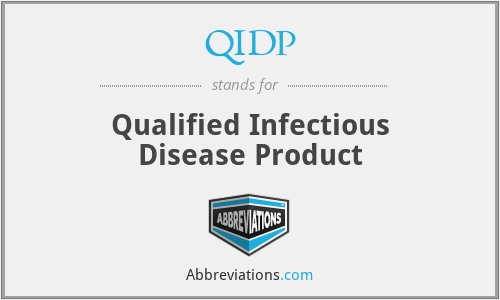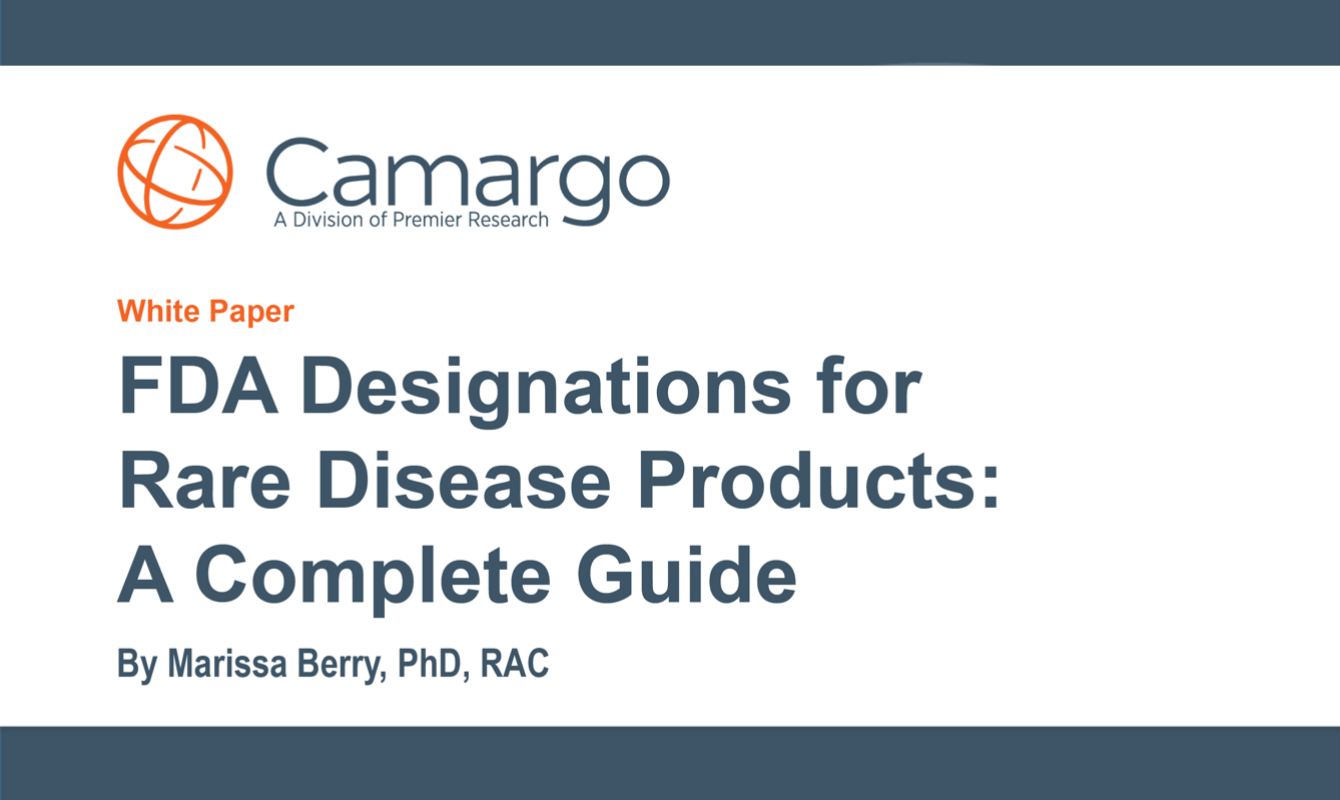P: Hey there, folks! Guess what? The FDA has been encouraging the development of antibiotics but needs to clarify their stance on it. Why is that important, you ask? Well, let me break it down for you. First off, let's start with a quick definition. Antibiotics refer to drugs that can kill or slow down the growth of bacteria in the body. They play a crucial role in treating various bacterial infections, including pneumonia, meningitis, and bloodstream infections, to name a few. Now, the FDA has been actively promoting the development of new antibiotics to combat antibiotic-resistant bacteria. Antibiotic resistance happens when bacteria that used to be susceptible to antibiotics develop the ability to resist the drugs' effects. This happens when the bacteria evolve and mutate, rendering the antibiotics ineffective. So you might be thinking, "Great! The FDA is doing their part to combat antibiotic resistance. What's the problem?" Well, here's the catch. While the FDA has been encouraging the development of new antibiotics, they haven't been clear on what incentives they're offering to pharmaceutical companies that develop them. And that's a problem because developing new antibiotics is a risky business. Unlike other drugs, antibiotics are only used for a short period and are not as lucrative since they can't be relied upon as steady sources of income. So, if pharmaceutical companies are going to invest in developing new antibiotics, they need clear incentives. But don't worry, folks! There's hope yet. The FDA recently proposed a rule that would clarify the incentives for companies that develop antibiotics, such as extending exclusivity periods and offering priority review vouchers. This proposed rule is a step in the right direction and could encourage more pharmaceutical companies to develop new antibiotics. But remember, antibiotics aren't a cure-all solution. Overuse and misuse of antibiotics can contribute to antibiotic resistance and render these precious drugs ineffective. So, it's crucial to use antibiotics responsibly and only when necessary. In conclusion, the FDA's encouragement of antibiotic development is a great step forward, but they need to clarify their incentives to incentivize pharmaceutical companies to invest in the development of new antibiotics. And while antibiotics are an essential tool in treating bacterial infections, they should be used responsibly to prevent antibiotic resistance. Thanks for tuning in, folks! Stay tuned for more updates on healthcare and drug development.
If you are looking for What does QIDP stand for? you've visit to the right place. We have 7 Pics about What does QIDP stand for? like FDA Designations For Rare Disease Products: A Complete Guide To Orphan, Botanix Pharmaceuticals receives FDA grant for antibacterial product and also What does QIDP stand for?. Read more:
What Does QIDP Stand For?
 www.abbreviations.com
www.abbreviations.com Neutrolin® Granted FDA Fast Track Status And Designated As A Qualified
 www.cormedix.com
www.cormedix.com infectious qualified granted designated fda disease track fast status slider
A 505(b)(2) Qualified Infectious Disease Product QIDP Designation—8
 camargopharma.com
camargopharma.com designation infectious qualified disease exclusivity years
Antibiotics, FDA Has Encouraged Development, But Needs To Clarify The
 www.bookdepository.com
www.bookdepository.com draft burkina faso clarify qualified encouraged fda develop antibiotics infectious
FDA Designations For Rare Disease Products: A Complete Guide To Orphan
 camargopharma.com
camargopharma.com designations
Qualified Infectious Disease Product « New Drug Approvals
 newdrugapprovals.org
newdrugapprovals.org Botanix Pharmaceuticals Receives FDA Grant For Antibacterial Product
 smallcaps.com.au
smallcaps.com.au botanix fda btx 1801 pharmaceuticals grant antibacterial receives restrictions targeting clinical completion resume ease recruitment trial covid soon study plans
Qualified infectious disease product « new drug approvals. Designation infectious qualified disease exclusivity years. Draft burkina faso clarify qualified encouraged fda develop antibiotics infectious
 www.abbreviations.com
www.abbreviations.com  camargopharma.com
camargopharma.com  www.bookdepository.com
www.bookdepository.com  camargopharma.com
camargopharma.com  newdrugapprovals.org
newdrugapprovals.org  smallcaps.com.au
smallcaps.com.au
0 Response to "What Is A Qualified Infectious Disease Product Fda Designations For Rare Disease Products: A Complete Guide To Orphan"
Post a Comment